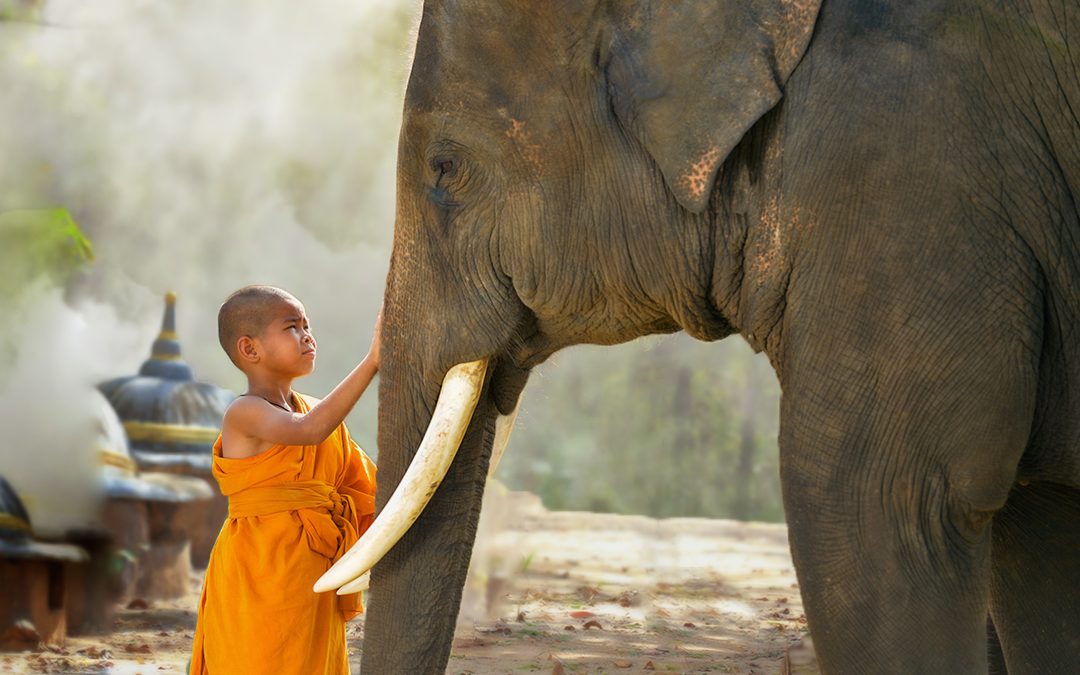
10 Mood Boosting Foods
Among all the strategies to safeguard mental health and energy, eating the right foods ties for first (with getting adequate sleep) as the most important. There is substantial research on which foods promote a sense of well-being and which ones send an alarm to your limbic system (emotion center) and cause inflammation. Eliminating gluten, dairy, caffeine, and sugar from your diet helps to take away the elements that destabilize your blood sugar and your gut bacteria (which is largely responsible for producing serotonin, the feel-good chemical in your brain). Also, starting to eat fresh produce throughout your day fuels the body in a positive, anti-inflammatory way which helps bring your mind and body into balance. In spring and summer seasons, take advantage of local produce stands and markets – there are often many delicious discoveries to be made at a farmer’s market. As a result, from eliminating those foods that destabilize your body’s balance and strengthening it by eating foods that support an equalized blood sugar and chemical balance, you will find yourself feeling more emotionally resilient and less vulnerable to the impact of stress and drama on your mood.
Here are some of the foods to eat every day to feel good. They provide the nutrients your body needs to fight off inflammation in your brain, which leads to mood shifts and depression. In conjunction with exercise and getting plenty of sleep, they can be the foundation blocks for creating both an internal and external sense of well-being.
The Top 10
- Dark Leafy Greens: A Nutrient-Dense Inflammation Fighter
If you were to choose the healthiest food of all, the most nutrient-dense item available to us to eat, it would be dark, leafy greens, no contest. Spinach. Kale. Swiss chard. Greens are the foods with the most powerful immune-boosting and anticancer effects. Leafy greens fight against all kinds of inflammation, and according to a study published in March 2015 in JAMA Psychiatry, severe depression has been linked with brain inflammation. Leafy greens are especially important because they contain oodles of vitamins A, C, E, and K, minerals, and phytochemicals.
- Walnuts: Rich in Mood-Boosting Omega-3 Fatty Acids
Walnuts are one of the richest plant sources of omega-3 fatty acids, and numerous studies have demonstrated how omega-3 fatty acids support brain function and reduce depression symptoms. A study published in the British Journal of Psychiatry is especially interesting. The lead authors ask the question, why is the vast part biological research — from genetics to psychopharmacology — concentrated on neurotransmitters, when the mammalian brain is approximately 80 percent fat (lipids), and there is a growing body of research demonstrating the critical role of lipids in brain functioning? What’s more, the shift in the Western diet away from these necessary omega-3 fatty acids over the last century parallels the large rise in psychiatric disorders in that time.
- Avocado: Its Oleic Acid Gives You Brainpower
Avocados are power foods because, again, they contain healthy fat that your brain needs in order to run smoothly. Three-fourths of the calories of an avocado are from fat, mostly monounsaturated fat, in the form of oleic acid. An average avocado also contains 4 grams of protein, higher than other fruits, and is filled with vitamin K, different kinds of vitamin B (B9, B6, and B5), vitamin C, and vitamin E12. Finally, they are low in sugar and high in dietary fiber, containing about 11 grams each.
- Berries: Full of Cell-Repairing Antioxidants
Blueberries, raspberries, strawberries, and blackberries are some of the highest antioxidant foods available to us. In a study published in the Journal of Nutritional and Environmental Medicine, patients were treated for two years with antioxidants or placebos. After two years those who were treated with antioxidants had a significantly lower depression score. Antioxidants are like DNA repairmen. They go around fixing your cells and preventing them from getting cancer and other illnesses.
- Mushrooms: Helpful Tools to Lower Blood Sugar
Here are two good reasons why mushrooms are good for your mental health. First, their chemical properties oppose insulin, which helps lower blood sugar levels, evening out your mood. They also are like a probiotic in that they promote healthy gut bacteria. And since the nerve cells in our gut manufacture 80 to 90 percent of our body’s serotonin — the critical neurotransmitter that keeps us sane — we can’t afford to not pay attention to our intestinal health.
- Onions: Layered With Cancer-Fighting Allium
You won’t find this item on most lists of mood foods. However, onions and all allium vegetables (garlic, leeks, chives, shallots, and spring onions) have been associated with a decreased risk of several cancers. These vegetables also contain high concentrations of anti-inflammatory flavonoid antioxidants that contribute to their anticancer properties. Again, if you consider the relationship between your digestive tract and your brain, it is understandable why a food that can prevent cancers of the gut would also benefit your mood.
- Tomatoes: Packed With Depression Fighters
Tomatoes contain lots of folic acid and alpha-lipoic acid, both of which are good for fighting depression. According to research published in the Journal of Psychiatry and Neuroscience, many studies show an elevated incidence of folate deficiency in patients with depression. In most of the studies, about one-third of depression patients were deficient in folate. Folic acid can prevent an excess of homocysteine — which restricts the production of important neurotransmitters like serotonin, dopamine, and norepinephrine — from forming in the body. Alpha-lipoic acid keeps coming up in literature about nutrition and the brain, and it is available as a supplement, as well. It helps the body convert glucose into energy, and therefore stabilizes mood.
- Beans: Satisfyingly High in Mood-Stabilizing Fiber
Beans, beans, good for the heart. The more you eat, the more you … smile.” They make the list because they can act as anti-diabetes and weight-loss foods. They are good for your mood because your body (and everybody) digests them slowly, which stabilizes blood sugar levels. Any food that assists you in evening out your blood sugar levels is your friend. They are the one starch that you can allow yourself, so on top of a salad, they help mitigate a craving for bread and other processed grains.
- Seeds: Small but Mighty Sources of Omega-3s
Instead of reaching for potato chips or any kind of comfort food, allow yourself a few handfuls of sunflower seeds or any other kind of seed. Flaxseeds, hemp seeds, and chia seeds are especially good for your mood because they are rich in omega-3 fatty acids. Not only do seeds add their own spectrum of unique disease-fighting substances to the dietary landscape, but the fat in seeds increases the absorption of protective nutrients in vegetables eaten at the same meal.
- Apples: Ripe With Antioxidants and Fiber
An apple a day does keep the doctor away! Like berries, apples are
high in antioxidants, which can help to prevent and repair oxidation damage and inflammation on the cellular level. They are also full of soluble fiber, which balances blood sugar swings. A great is almond butter on apple slices where you can get your omega-3 fatty acid along with some fiber.

Recent Comments